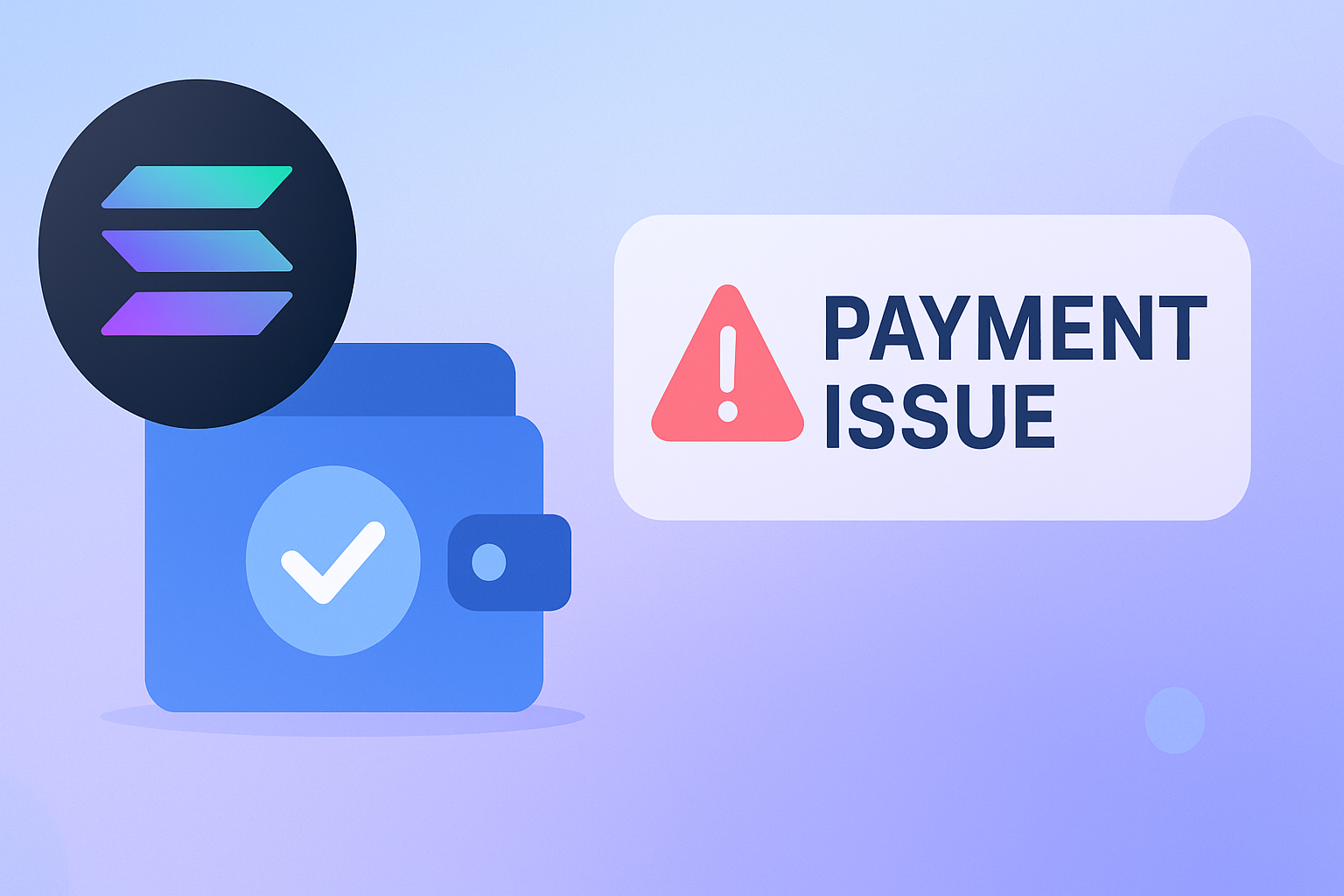Stealthy Web Scraping in Python with nodriver
Web scraping is a powerful tool, but it's often hindered by sophisticated anti-bot measures like CAPTCHAs, Cloudflare, and other Web Application Firewalls (WAFs). Traditional tools like Selenium use WebDriver binaries that are easily detectable, leading to blocks and challenges. Enter nodriver, a Python library designed to bypass these hurdles by eliminating the need for detectable WebDrivers altogether.
What is nodriver?
nodriver is the official successor to the undetected-chromedriver package. It provides an asynchronous web scraping and browser automation library for Python that communicates directly with Chrome-based browsers using a custom implementation of the Chrome DevTools Protocol (CDP). This approach allows nodriver to operate without the traditional WebDriver, making it less detectable by anti-bot systems.
Key features include:
-
No WebDriver Dependency: Operates without Selenium or ChromeDriver, reducing detectability.
-
Asynchronous Operations: Fully async design for improved performance.
-
Stealth Mode: Fine-tuned to avoid detection by common anti-bot solutions like Cloudflare and hCaptcha.
-
Ease of Use: Designed with usability in mind, allowing for quick prototyping with sensible defaults.
-
Comprehensive Element Interaction: Capable of interacting with web page elements, including those within iframes.
Why Use nodriver?
Using nodriver offers several advantages:
-
Bypass Anti-Bot Measures: Its stealth capabilities help in evading detection by sophisticated anti-bot systems.
-
Improved Performance: Asynchronous design leads to faster execution compared to traditional tools.
-
Simplified Setup: Eliminates the need for managing WebDriver binaries.
-
Flexibility: Works with various Chromium-based browsers like Chrome, Edge, and Brave.
Installation
You can install nodriver using pip:
pip install nodriverBasic Usage Example
Here's a simple example of how to use nodriver to open a webpage:
import nodriver
import asyncio
async def main():
browser = await nodriver.start(headless=True)
page = await browser.open("https://example.com")
content = await page.content()
print(content)
await browser.close()
asyncio.run(main())
This script starts a headless browser session, navigates to the specified URL, retrieves the page content, and then closes the browser.
Limitations
While nodriver is powerful, it's important to note:
-
JavaScript Execution: It can execute JavaScript, but complex interactions may require additional handling.
-
Browser Support: Primarily supports Chromium-based browsers.
-
Learning Curve: As with any tool, there may be a learning curve to fully leverage its capabilities.
Conclusion
nodriver offers a stealthy and efficient alternative for web scraping and automation tasks in Python. By eliminating the need for detectable WebDrivers and providing an asynchronous framework, it enables developers to interact with websites more seamlessly and with reduced risk of detection.
For more information and advanced usage, refer to the official nodriver documentation and the GitHub repository.





